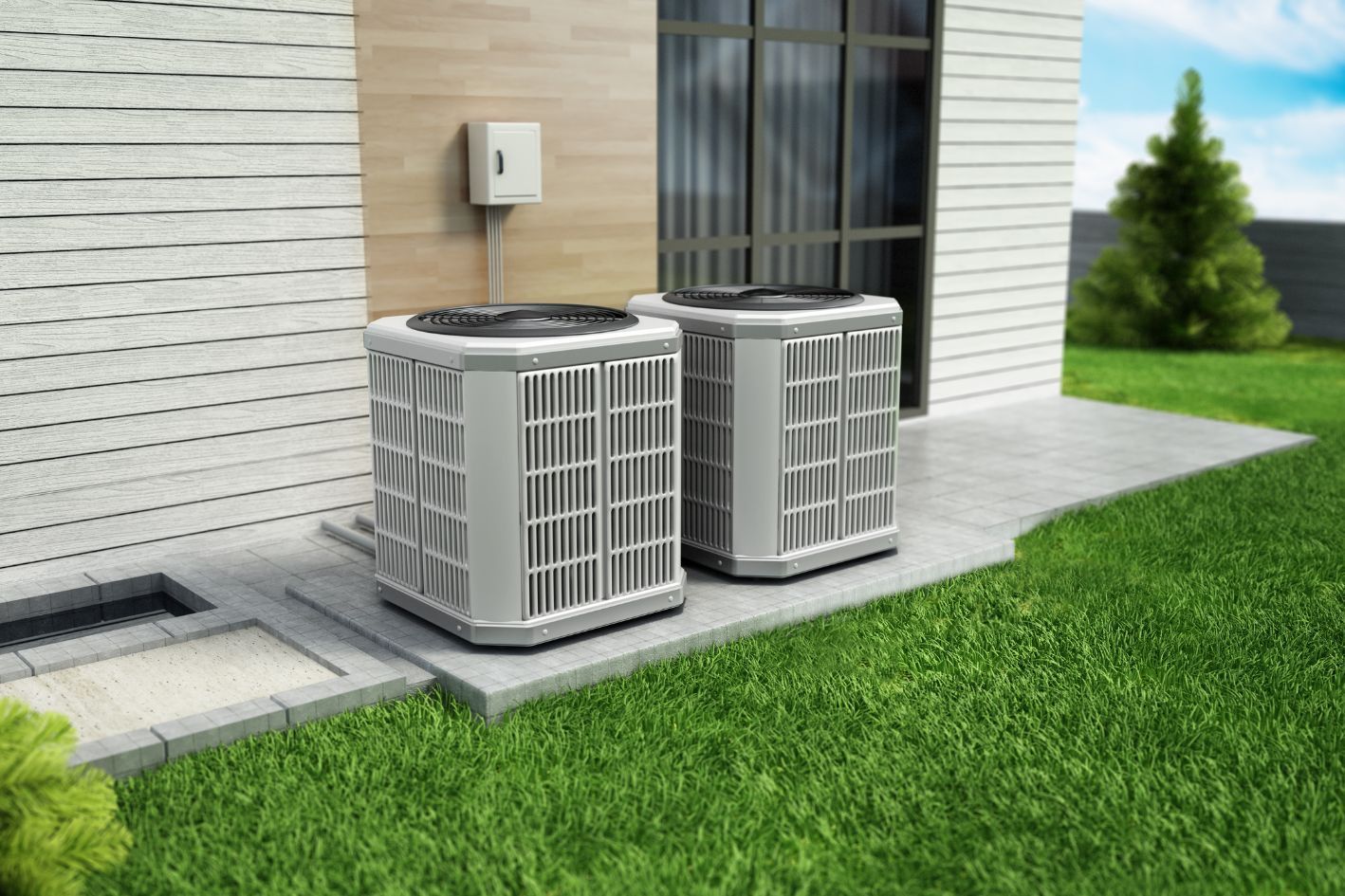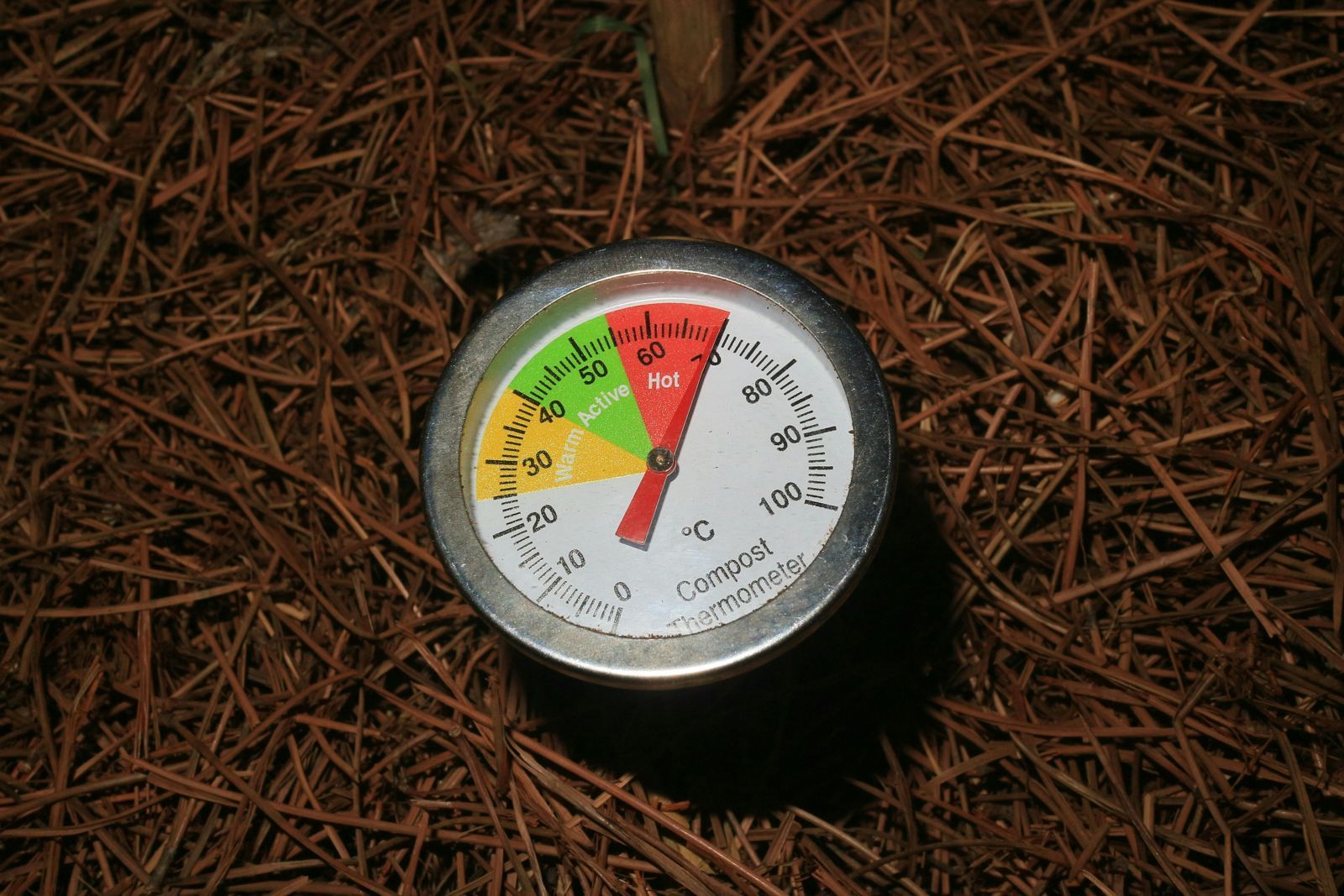The Evolution In Heat Pump Design

Since the beginning, heat pumps have evolved so much, in design and technology, becoming increasingly more effective and sustainable over time. Throughout this blog post, we will discuss the progression of heat pump design, from its early days to today's cutting-edge systems.
Early Heat Pump Design
The first concept of heat pumps goes back to the 1850's, with the first compression system built in the 1930's. The initial design was much
bigger and fairly
inefficient, needing a
vast amount of energy to run. Regardless of their shortcomings, they soon paved the way for
future developments in heating and cooling technology.
Advancements In Efficiency
Throughout the 1970's and 1980's, we saw a range of
breakthroughs in heat pump technology, become increasingly more
efficient each time. This resulted in the
development of a smaller and
more efficient heating and cooling solution, requiring
less energy to run. The introduction of variable-speed
compressors and complex
refrigerants boosted the performance of heat pumps, making them a more
desirable choice for households and businesses.
Renewable Energy Integration
Sustainability and the creation of a
greener future has grown more
important in recent years. Over time, heat pumps have
evolved to incorporate the use of
renewable energy technologies such as
geothermal and
solar power to further lessen their environmental
impact. These hybrid systems are a heating and cooling system that work whilst
reducing the
impact on the environment.
Smart Technology
Modern heat pump designs include the use of
smart technologies and communication features. Smart thermostats allow you to
remotely alter your heat pump settings,
improving efficiency and comfort. As well as this,
developments in sensor technology and machine learning algorithms have allowed heat pumps to
adapt to changes in the surrounding.
The newest changes in heat pump design has placed an emphasis on efficiency, sustainability, and user experience. Heat pumps, changing from a simple system, to now complex technology has allowed us to reduce the impact we have on the environment. As technology advances, we may expect additional changes in heat pump design, making them more efficient and environmentally friendly.
You might also like











